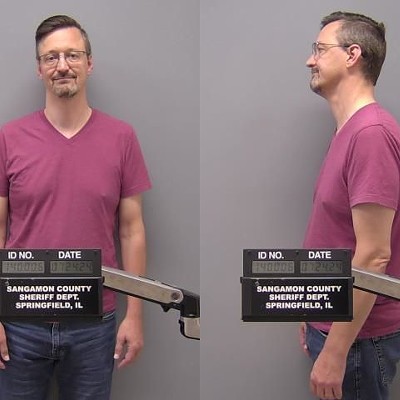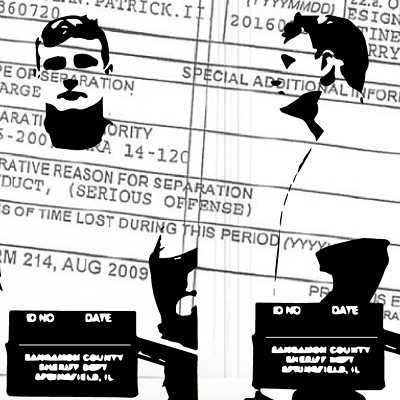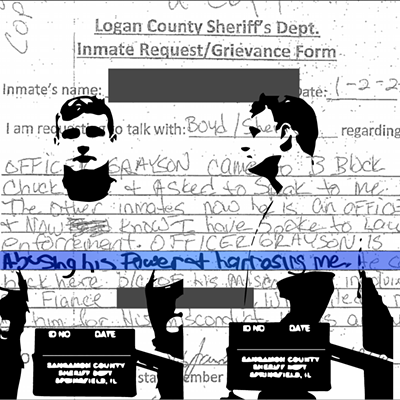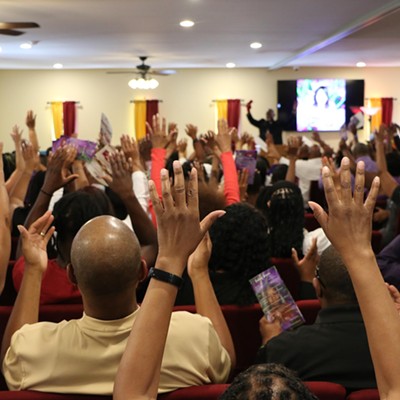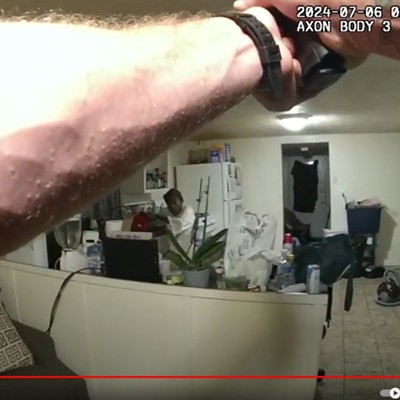A bipartisan effort by state lawmakers recently passed legislation expanding existing River Edge Redevelopment Zone (RERZ) tax credits that were previously set to expire. The measure simultaneously created the Illinois Historic Preservation Tax Credit, granting state income tax credits to encourage preservation of historic buildings statewide.
If Gov. Bruce Rauner signs it into law, the legislation would give those who restore historic buildings credits on their Illinois income tax. Previously, state preservation tax credits were restricted to the RERZ communities of Aurora, East St. Louis, Elgin, Peoria and Rockford.
The state Historic Preservation Tax Credit allows taxpayers statewide to apply for an income tax credit of 25 percent of rehab costs, up to a maximum of $3 million, for impending historic preservation projects. The applications would be reviewed by the Historic Preservation Division of the Illinois Department of Natural Resources, which would then allocate the $15 million available annually to selected preservation projects. The preservation tax credit program will be in effect from Jan. 1, 2019, through Dec. 31, 2023.
While federal historic preservation income tax credits have long been available, this is the first program that authorizes credits on state income tax. Sponsored by Sen. Steve Stadelman, D-Rockford, and Rep. Jehan Gordon-Booth, D-Peoria, the bill passed in the Illinois House 101-11 on May 31, and was sent to the Senate, which unanimously approved the measure 51-0 on the same day.
While arguing for the bill on the House floor, Booth explained the need to expand income tax credits statewide. “In order to find creative opportunities to put more investment in our communities, we need to maintain our competitive edge,” she said. “We are looking to get more buildings back on the tax rolls in our communities. If we are going to be serious about turning the state around, we have to be serious about creating an environment where people can be successful and build a family.”
Landmarks Illinois, a nonprofit organization advocating for historic preservation, lobbied for the measure when it was introduced in February. In an interview, Bonnie McDonald, president & CEO of Landmarks Illinois, described the efforts to lobby lawmakers to endorse historic preservation legislation. “We have been working with members of the General Assembly for nine years to talk about the return on investments to the state from developments that focus on historic buildings,” she said. “The way that we talked about this bill was to use it as a job creation tool because the work on historic buildings is very labor-intensive. Anybody who has worked on a historic house knows that it can be laborious, and that’s why it’s good for the state of Illinois because it puts more people to work, per-capita and per-dollar than new construction. This is because new construction is material-intensive, meaning it takes a lot of material to construct a building, but not much labor.”
McDonald said the bill improves an area’s property-tax value, and stimuates redevelopment for neighboring buildings. “As often, these buildings are vacant or they’re under-performing in the property tax structure.
What this bill does is increases the property tax value locally, and it also has an impact on neighboring properties, she said. “You often see that when one of these properties goes forward in construction, it starts a domino effect with reinvestment in neighboring properties.”
McDonald said that the bill will pave the way for other historic preservation inquiries down the road. “It can be very difficult to get the finances and capital together,” she said. “Hopefully, this bill helps future projects because it will demonstrate that there’s a market for this property and its use. It makes it easier for other projects to get capital as well.”
Upon the bill’s passing, Rockford Mayor Tom McNamara praised the decision to create the statewide tax credits, as well as the extension and improvement of the RERZ program. “The River Edge tax credit has truly spurred a rebirth of our downtown, which has helped inspire a renewed sense of pride for our residents,” he said. Peoria Mayor Jim Ardis echoed the celebratory sentiments. “Bringing jobs and economic opportunity to Peoria will always be one of my top priorities,” Ardis said. “I want to thank Rep. Gordon-Booth on her continued leadership on this issue. This legislation will help streamline the processes for businesses to take advantage of important economic resources to help Peoria grow.”
Alex Camp is a master’s degree graduate in Public Affairs Reporting from University of Illinois Springfield. He is currently a freelance journalist. Contact him at [email protected].


